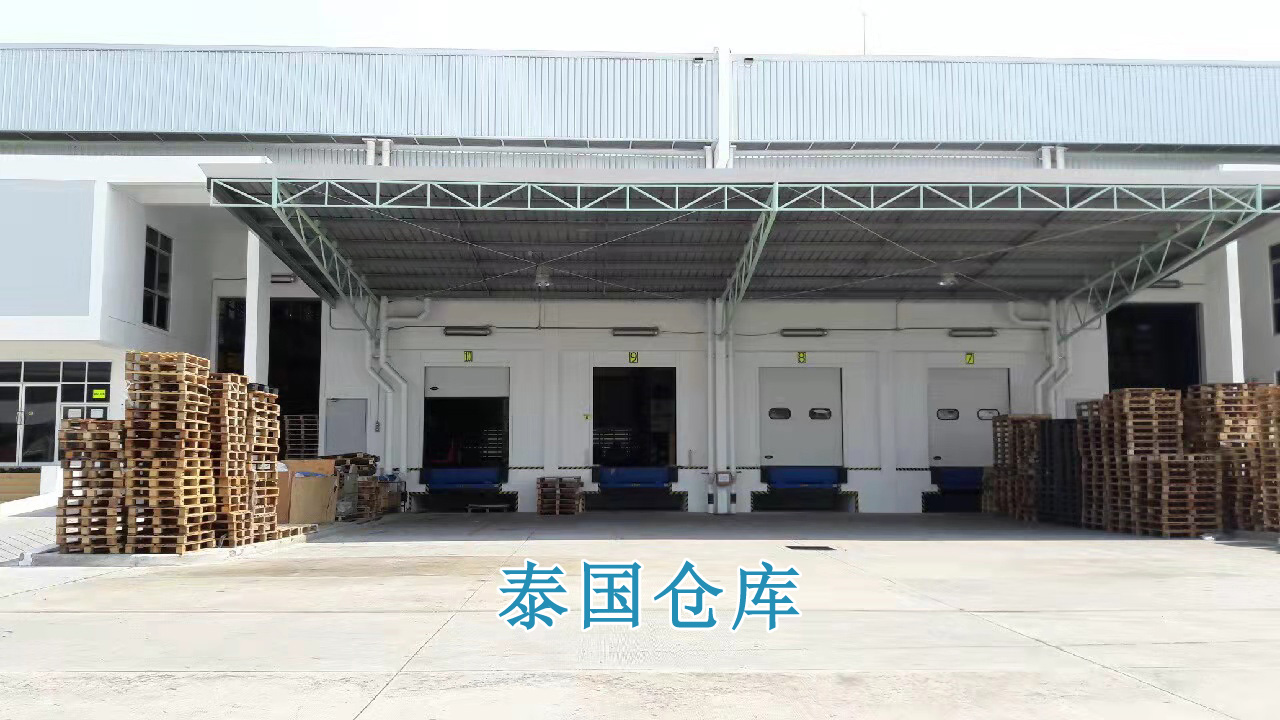Neodecanic acid, Chinese alias: tertiary decanoic acid; 2-ethyl-2,5-dimethylhexanoic acid; tertiary carbonic acid; decacarbonic acid. Neodecanoic acid is a low-viscosity aqueous liquid with a light odor at room temperature. It is a key intermediate in the processing and manufacturing of various products. It has very good hydrolysis stability, thermal stability and chemical reagent stability. Neodecanoic acid has very good solubility in non-polar compounds, making it widely applicable.

Neodecanic acid and its derivatives are important fine chemical products and basic raw materials. Due to its unique structure and physical and chemical properties, neodecanoic acid and its derivatives are widely used in coatings, medicines, pesticides, etc. with their excellent properties. Metal processing, extraction and many other industries.
Neodecanic acid itself can be used in the preparation of: ceramic bleeding inks, metal processing aids, metal extractants, lubricants and cosmetics.
Neodecanoic acid metal salts (Fe, Co, Cr, Ti, Sb, Ni, etc.) are used in: ceramic bleeding inks, radial tire adhesives, paint driers and PVC stabilizers, etc.

Neodecanoic acid chloride is used in the following synthesis: peroxide initiator, pesticide intermediates and pharmaceutical intermediates.
Used as a radial tire adhesive – Neodecanoic acid can be made into its cobalt salt, which is a highly active adhesion promoter for natural rubber, synthetic rubber or these glues with brass, zinc, bare copper or Zinc promotes the adhesion of steel cords, ropes and metal sheets.
Used as paint drier – neodecanoic acid metal salt can accelerate the oxidation, polymerization and drying of the paint film. Driers can reduce the activation energy generated by free radicals, thereby accelerating the post-crosslinking reaction of resin molecules and shortening the drying time of the paint film.
Used as a metal extractant – my country is rich in rare earth ores, which are generally mined and crudely extracted, then exported at a low price, refined and then imported at a high price for use, which is not economically cost-effective. Neodecanoic acid can be used for the separation and purification of single component rare earth elements.
Used as lubricants – neodecanoic acid and derivatives have low freezing points, good solubility, good oxidation stability and hydrolytic stability, show good low-temperature effects, and have good solubility in various solvents performance. Its organic solvent solution has low viscosity, good lubricity, anti-rust properties and reduced drag coefficient. Based on it, it can be formulated into automobile crankcase lubricants, various engine and brake lubricants, metal processing, chain lubricants, etc.
Used as polymer peroxide initiator – the peroxide initiator prepared from neodecanoic acid is more stable, can be used in aqueous solutions with various pH values, and can still be used at low temperatures, such as below 70°C. , still effective for vinyl chloride polymerization.
Used in the field of medicine and pesticides – Because neodecanoic acid has a highly branched chain structure, it is more soluble than similar non-branched products and can be used to produce drugs for the treatment of arthritis, tuberculosis, psoriasis, etc., and for the production of ampicillin, cephalosporins, etc. The key raw materials of many antibiotics such as oxazoline are also neodecanoic acid derivatives; in terms of pesticides, neodecanoic acid can also be used for plant defoliation and as a base herbicide for crops such as cotton, soybeans, oats, and potatoes.
Used as catalysts and preservatives—Silver neodecanoate can be used to prepare ethylene oxide catalysts, and nickel neodecanoate salt can be used to prepare oxidation catalysts. Zinc neodecanoate and copper salts can be used as wood preservatives, etc.

Used in the fields of power and electronics—Silver neodecanoate can be used in the production of capacitor terminals and also in the manufacture of silicate superconductors; lead and stannous neodecanoate can be used in the manufacture of circuit boards; barium neodecanoate, Copper and yttrium salts can be used in the preparation of electrical conductor foils and thin film superconductors.